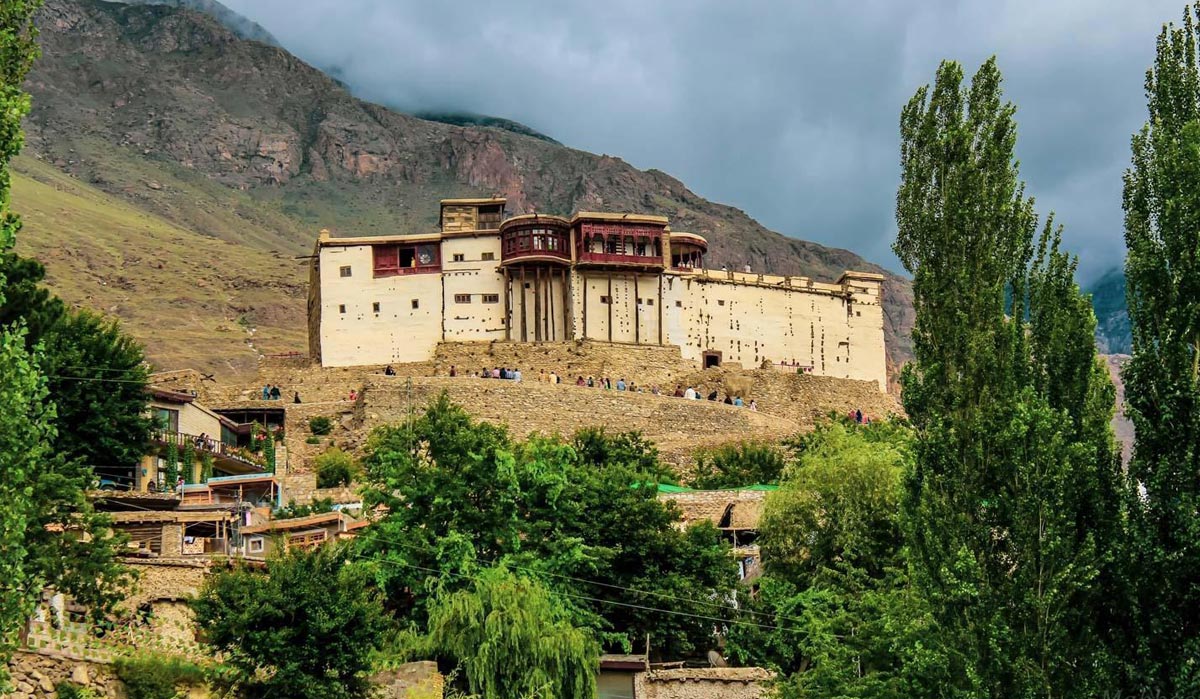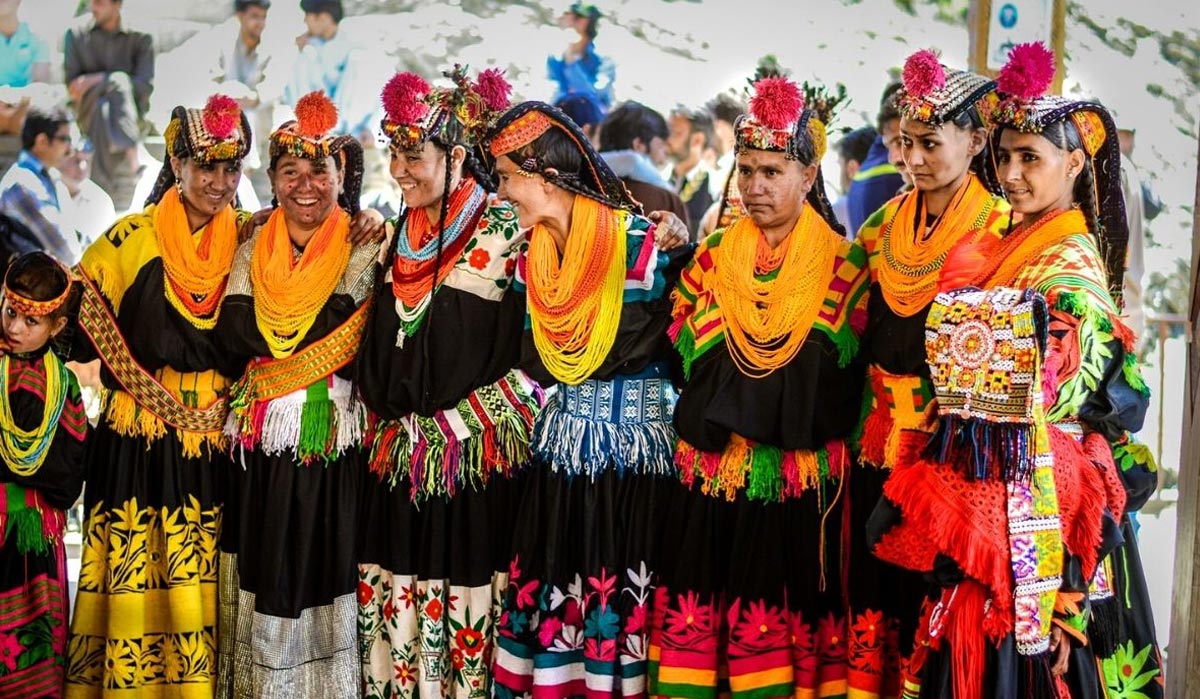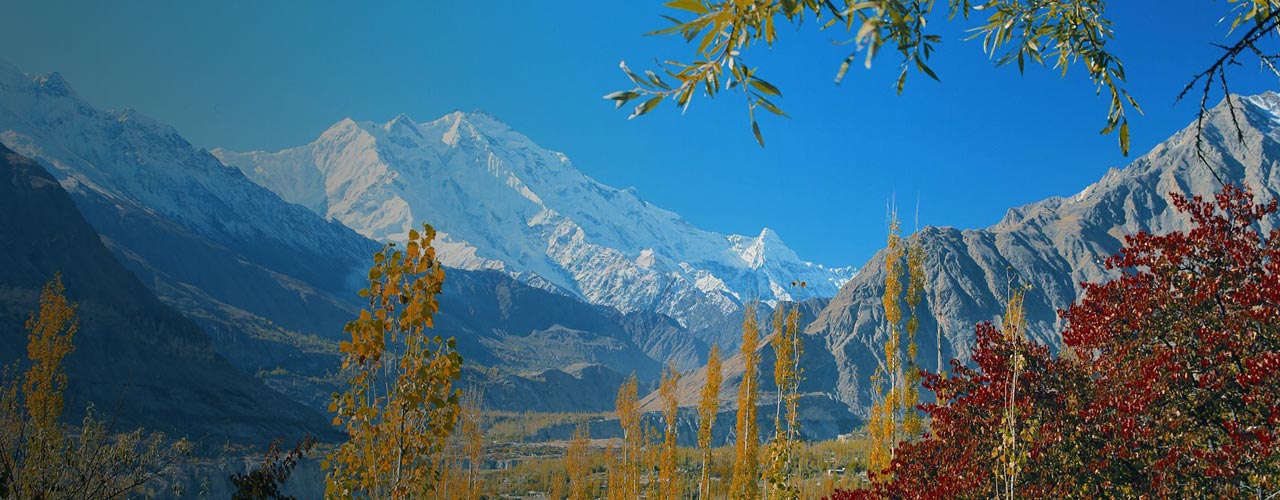Gilgit-Baltistan. Baltistan is bordered to the south and south-east of Ladakh and in the south-west of Kashmir situated in the heart of the Karakoram. In the Gilgit-Baltistan of Pakistan four big mountain ranges the Karakoram, the Handukuch the Himalayas and The Pamirs- meet.
The region Gilgit Baltistan has its rich cultural heritage and scenic beauty and the whole Gilgit Baltistan is the paradise of mountains climbers, trekkers and hikers from whole over the world.
Gilgit–Baltistan is administratively divided into two divisions and nine districts.Gilgit is federal territory of Gilgit–Baltistan in northernPakistan and skardu is the Capital of Baltistan.
The Indus plains, where 80 % of the population live, take up one third of the total area of the country.A high birth rate (2.41 % population growth), extensive emigration of academics and – as a result of the war in Afghanistan about 2.2. Million refugees confront the government with huge problems. Pakistan is what is called a third-world country, and indeed one of the poorer ones. Life expectancy is 64 years, infant mortality 84 per 1000, and illiteracy rate 57 %. There is no compulsory school attendance.
On the other hand the region can look back on a more than 1000-year-old culture. Countless cultural as well as scenic sights make Pakistan an interesting destination for tourists. This is especially true for the north of the country, i.e. the mountain regions.



